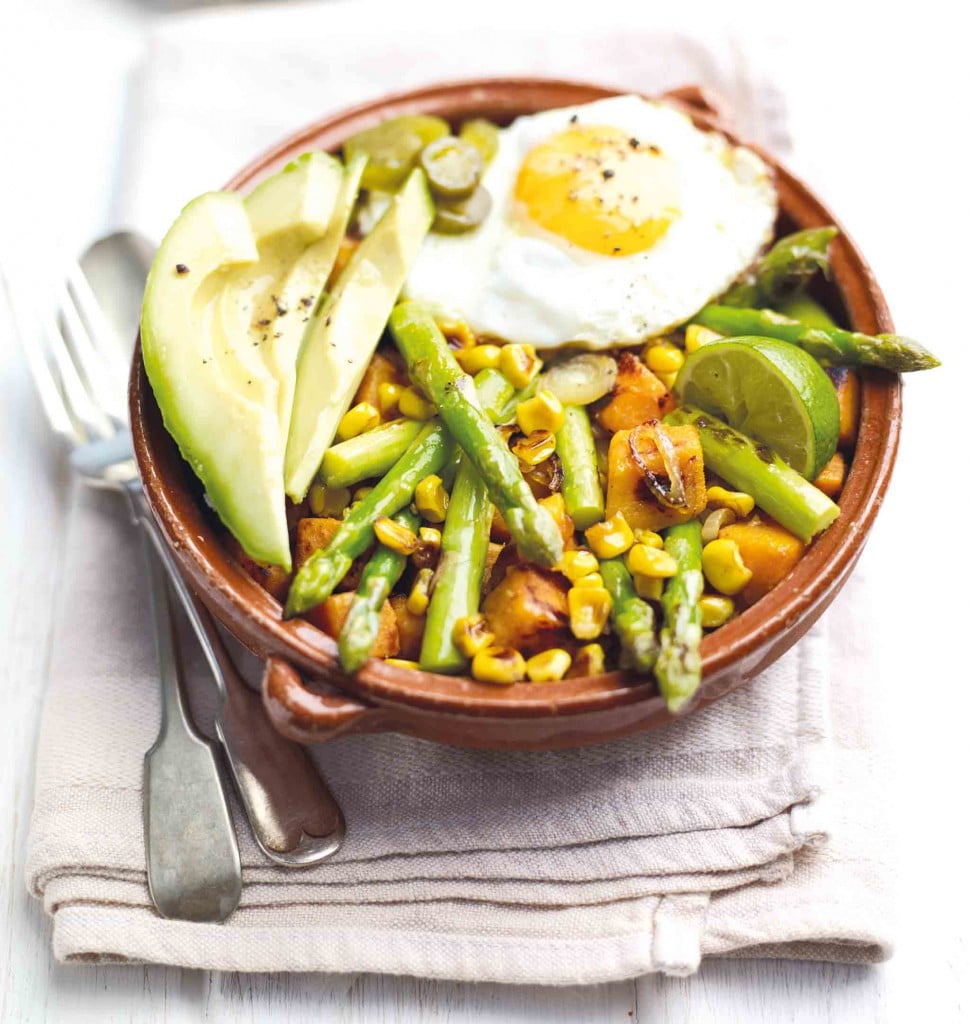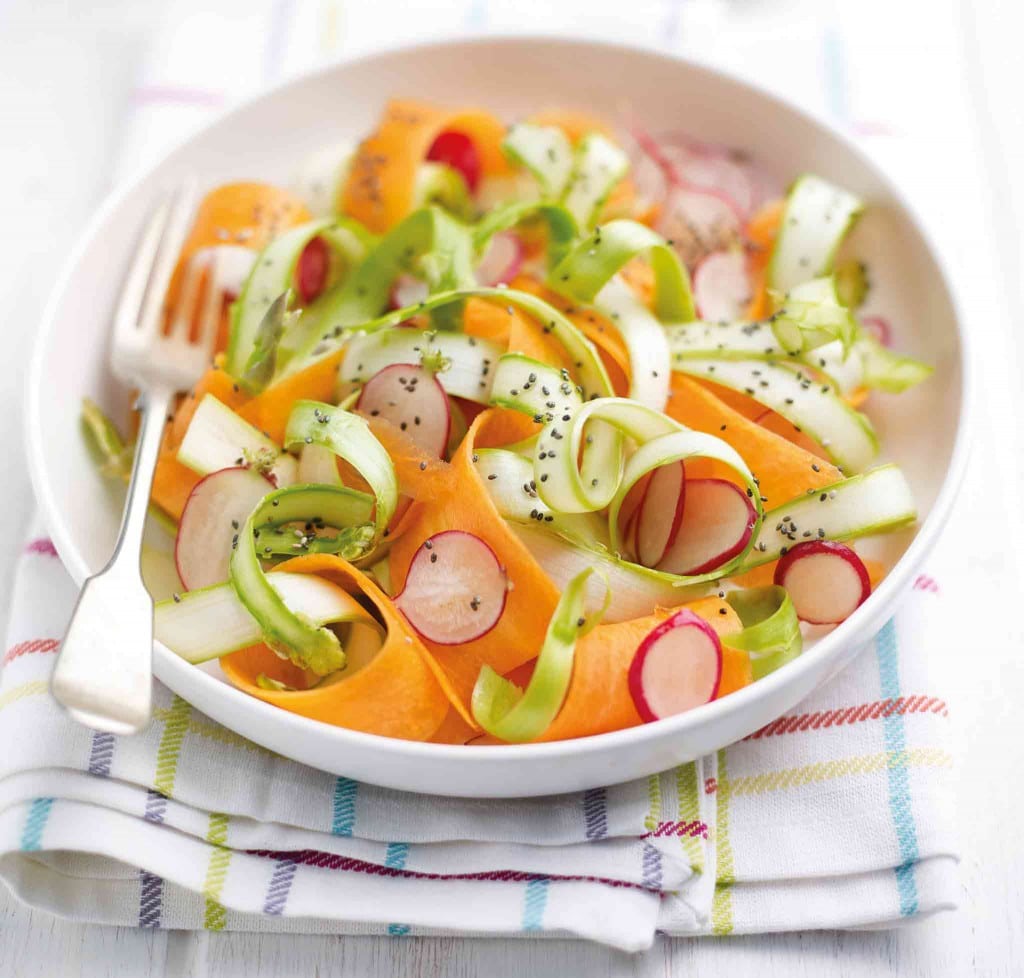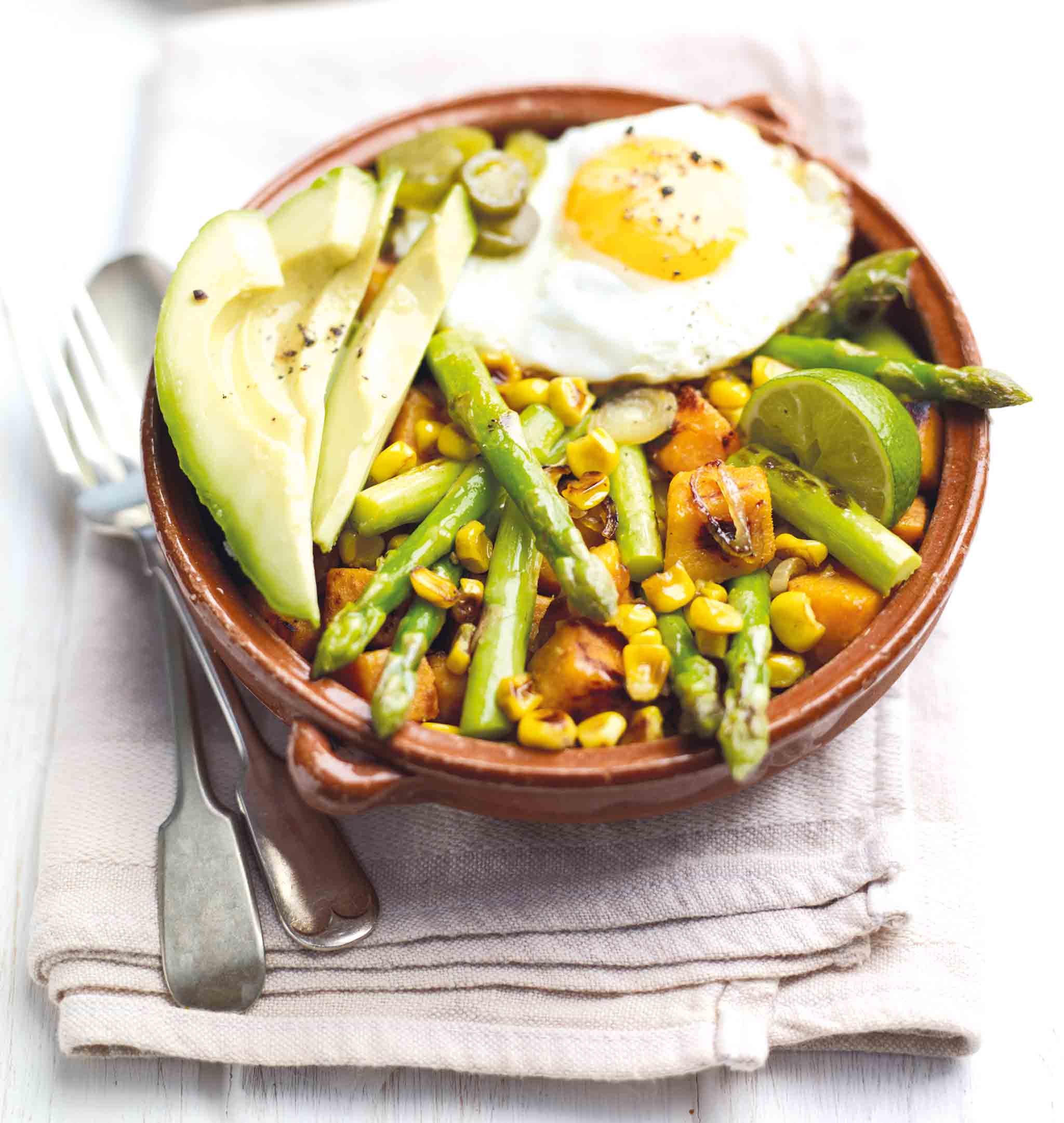On St George’s Day this year there was no traditional asparagus to put on the table to celebrate England’s national day.
Usually on April 23 there’s an abundance of it as it marks the official start of the asparagus season, but there wasn’t even one bunch on offer in our supermarkets or farm shops.
The reason was due to the unseasonably cold and damp start to spring which resulted in not a single spear growing naturally until the middle of May.
Supermarkets got around the problem by importing, or relying on commercial growers to force their asparagus courtesy of warming up the soil using underground pipes fuelled by a boiler, or using polytunnels to speed things up.
But smaller producers of the home grown variety who don’t have- or want – this type of specialist equipment had to simply sit and wait for the sun to shine in order for their stocks to hit the shops.
Michael Bourne from New Park Farm in Groombridge was one such farmer who had to bide his time.
“We couldn’t start until around mid-May but we’ve been in production for almost a month now cutting for ourselves and local markets, shops and restaurants.”
All the asparagus is hand cut and therefore takes a lot longer to harvest than your usual crops of vegetables which are gathered by machinery. But Michael believes this is what makes his asparagus taste so good and worth the wait:
“We supply a lot of shops in the surrounding villages and restaurants such as Woods and The George in Tunbridge Wells and they have been happy to hang on. We’re currently selling up to 250 bunches a day now in our own shop at New Park Farm. Customers are patient, they know that if it’s not ready to eat they will have to wait.”
Michael grows his asparagus on approximately 14 acres of rich, verdant land and has been doing so for the past 20 years.
He also supplies lots of farmers’ markets in London and was at The Pantiles Food Festival last month where he sold out thanks to the impressive number of visitors who attended the foodie event.
The rest of Michael’s Groombridge farm is given over to a selection of soft fruits including strawberries, raspberries and cherries. He also grows a small variety of seasonal vegetables, but asparagus is his main livelihood.
“It is our signature crop and we cut it by hand because it’s always in different stages of growth,” Michael explains. “We have harvested it like this for years and although it takes time, it tastes so much better than any imported asparagus and that’s why people are prepared to wait.”
Yet despite the slow start it doesn’t mean that the native asparagus season will stretch out any longer.
“Although we were late cutting we will still finish around midsummer’s day on June 20,” says Michael. “If you keep going after the end of June you will diminish your crop for the following year.”
In season for approximately eight weeks, asparagus heralds the start of the English summer vegetable season and it certainly enjoys its fair share of the culinary spotlight thanks to its great taste and versatility.
Due to its slower, cooler growing climate native British asparagus has a more intense, earthy taste to that of its foreign rivals.
Then of course there’s the amount you can do with it. Whether you simply steam and drizzle it with a little salted butter, dip it into a soft boiled egg, griddle and scatter it with shavings of mature parmesan or snip its sheers into salads, it always tastes absolutely delicious.
Here are some recipes to try at home so you can enjoy a taste of this local and seasonal delicacy yourself.
TOP TIPS
Remember to look for firm stalks with a bright green colour and closed tips
Trim the woody ends off before cooking

British Asparagus and Sweet Potato Hash with Avocado and Egg
Get creative with your brunch options and rustle up this dish packed with goodness. If you like it hot, just add jalapeno peppers!
What you need:
1 sweet potato, peeled and cut into small chunks
1 bunch British asparagus, spears halved
3tbsp olive oil
1 shallot, finely sliced
2 handfuls of sweetcorn, frozen is fine
1 tsp garlic granules
1 tbsp sliced jalapeno peppers from a jar (optional)
1 avocado, sliced
1 lime
2 eggs
What you do:
Boil a kettle and fill a saucepan with the hot water. Add the potato chunks and bring back
to the boil. Simmer for 5 minutes then add the asparagus for 2 minutes until softened then drain and leave to steam while you heat half the oil in a large frying pan.
Tip the potatoes and asparagus into the hot pan with the shallots, sweetcorn, garlic granules and jalapenos. Toss to coat in the oil and season. Cook, stirring occasionally, until the veg is browned and toasty.
While the veg is cooking heat another non-stick pan with the remaining oil and fry the eggs. Tip the vegetables into 2 bowls, top with slices of avocado, squeeze some lime over and top each with a fried egg.

Raw British Asparagus, Carrot & Chia Salad
This light, fresh salad couldn’t be easier to make – and it’s so full of ? avour that you’ll want to make it again and again. Try it as a starter, or a light lunch.
What you need:
1 carrot
4 asparagus spears
4 radishes
2 tsp cold-pressed rapeseed oil
Juice of ½ lemon
2 tsp raw honey
1 tsp chia seed
What you do:
Use a vegetable peeler to ribbon the carrots and asparagus spears then cut the radishes into thin slices.
Combine the rapeseed oil, lemon juice and honey, season and beat well to combine.
Toss the veg in the dressing and sprinkle with chia seeds.
ASPARAGUS FACTS
- The season runs officially from April 23 until June 20
- It won’t grow a single spear until the soil temperature is above 12?C
- Asparagus likes sandy loam with a southern aspect
- The Romans thought asparagus had magical medicinal properties and so dispatched special ‘asparagus ? eets’ to gather and distribute it
- There are male and female asparagus plants but the former is far more productive and makes up the majority of commercial crops
- Asparagus has been known to grow up to 10cm a day
- It contains lots of healthy bacteria and is a natural detoxifier
- It is rich in Vitamin C, which helps boost the immune system, and Vitamin K, which is essential for healthy blood clotting








